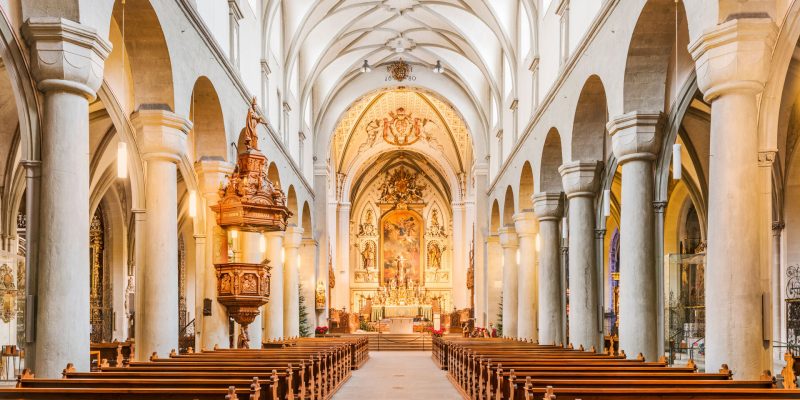Introduction
When it comes to protecting your church property, insurance isn’t just a formality—it’s a necessity. Churches often have unique needs that aren’t covered by typical property insurance policies. So, how do you ensure that your church is fully protected? This article will delve into common insurance pitfalls for churches and provide tips on how to avoid them, ensuring your church is adequately covered.
Understanding Church Property Insurance
What is Church Property Insurance?
Church property insurance is a specialized type of insurance designed to cover the unique risks associated with church properties. This includes coverage for buildings, contents, and sometimes, even the activities that take place within the church premises. Unlike standard property insurance, church property insurance addresses the specific needs of religious organizations.
Why is it Essential for Churches?
Churches often have large buildings, valuable equipment, and hosts of community activities that create specific risks. Church property insurance helps mitigate financial loss from events such as fires, theft, or natural disasters. It also provides peace of mind, knowing that your place of worship is safeguarded against unexpected incidents.
Common Insurance Pitfalls for Churches
Underestimating the Value of Church Property
One common mistake is undervaluing the church property. If the coverage limit is set too low, you could face significant out-of-pocket costs in the event of a loss. It’s crucial to regularly reassess the value of your property and update your insurance policy accordingly.
Overlooking Liability Coverage
Liability coverage is another area where churches often fall short. General liability insurance protects against claims of bodily injury or property damage occurring on church premises. Without adequate liability coverage, a single accident could result in substantial legal and financial consequences.
Ignoring Special Coverage Needs
Churches may require additional coverage not included in standard policies. This could be due to specific risks associated with church activities or particular assets. Some special coverages to consider include:
Abuse and Molestation Insurance
This type of insurance provides protection against claims related to abuse or molestation, a sensitive but critical aspect of coverage for many churches. It helps cover legal fees and settlements if such claims arise.
Church Renters Insurance
If your church rents out its facilities, renters insurance becomes essential. This coverage helps protect against damages or claims made by renters, ensuring that your church isn’t held financially responsible for incidents beyond its control.
Choosing the Right Insurance for Your Church
Working with a Church Insurance Broker
A church insurance broker can be an invaluable resource. These professionals specialize in finding insurance solutions tailored to the needs of religious organizations. They can help you navigate the complexities of various insurance options and ensure you get the best coverage for your church.
Comparing Insurance Options
Not all insurance policies are created equal. Comparing different options allows you to find a policy that provides the right coverage at a competitive price. Here are some factors to consider:
Best Insurance Companies for Churches
Researching and selecting the best insurance companies for churches is crucial. Look for providers with a strong track record in handling church insurance claims and offering comprehensive coverage.
Insurance for Small Churches
If you manage a smaller church, affordable insurance options are available. Consider exploring policies specifically designed for small churches to ensure you get coverage that fits your budget without sacrificing protection.
State-Specific Considerations
Church Insurance in California
Insurance requirements can vary by state. In California, for instance, church insurance California policies might need to address state-specific risks such as earthquakes. Understanding these local requirements is vital for adequate coverage.
How to Avoid Overpaying for Insurance
Understanding Why Church Insurance Can Be Expensive
Church insurance can be costly due to the unique risks and coverage needs associated with religious properties. To avoid overpaying, it’s important to understand what factors contribute to the cost and how to mitigate them.
Conclusion
Ensuring that your church property is fully covered is essential for protecting your congregation and assets. By avoiding common insurance pitfalls and choosing the right policy, you can safeguard your church from unexpected financial burdens. Regularly review and update your insurance coverage to adapt to any changes in your church’s needs or the insurance market.



